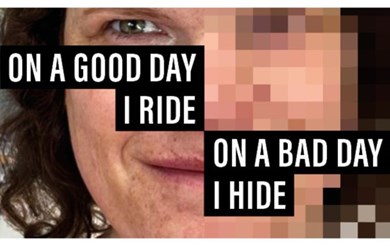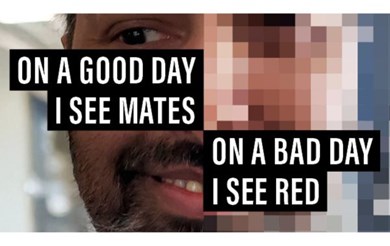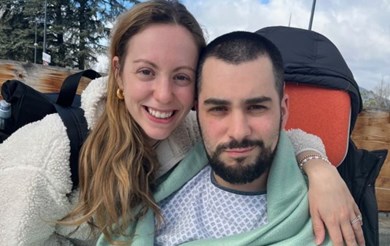However, despite some positive changes to the proposed legislation, significant concerns remain.
Proposed tightening of the eligibility criteria for Personal Independence Payment (PIP) has now been paused until the conclusion of a ministerial-led review by November 2026, which will include the voices of disabled people. This ministerial review must be a meaningful engagement and not a tick-box exercise.
The government had also planned to freeze the universal credit health top-up for existing claimants until 2030, but it will now increase with inflation. The standard universal credit payment will still rise to £106 per week by 2029–30. While new claimants will see their health top-up reduced from £97 to £50 per week by 2026–27. But rather than being frozen, this amount will rise with inflation as well. Despite these changes, we remain deeply concerned about the impact these changes could have on people living with the hidden and fluctuating effects of brain injury.
The government also reaffirmed its support for the “right to try” initiative, which aims to allow jobseekers to explore employment opportunities without the immediate risk of losing their benefits. However, further details on how this will be implemented remain unclear.
“Disability benefits are a lifeline for many brain injury survivors,” said Luke Griggs, Headway’s Chief Executive. “We need firm assurances that future reforms will be genuinely co-produced not just a tick-box exercise.
“Only through inclusive dialogue can the UK’s welfare system become fairer, more sustainable, and truly supportive of those who rely on it.”
The government bill outlining the changes is expected to return to the House of Commons next week for further debate.











